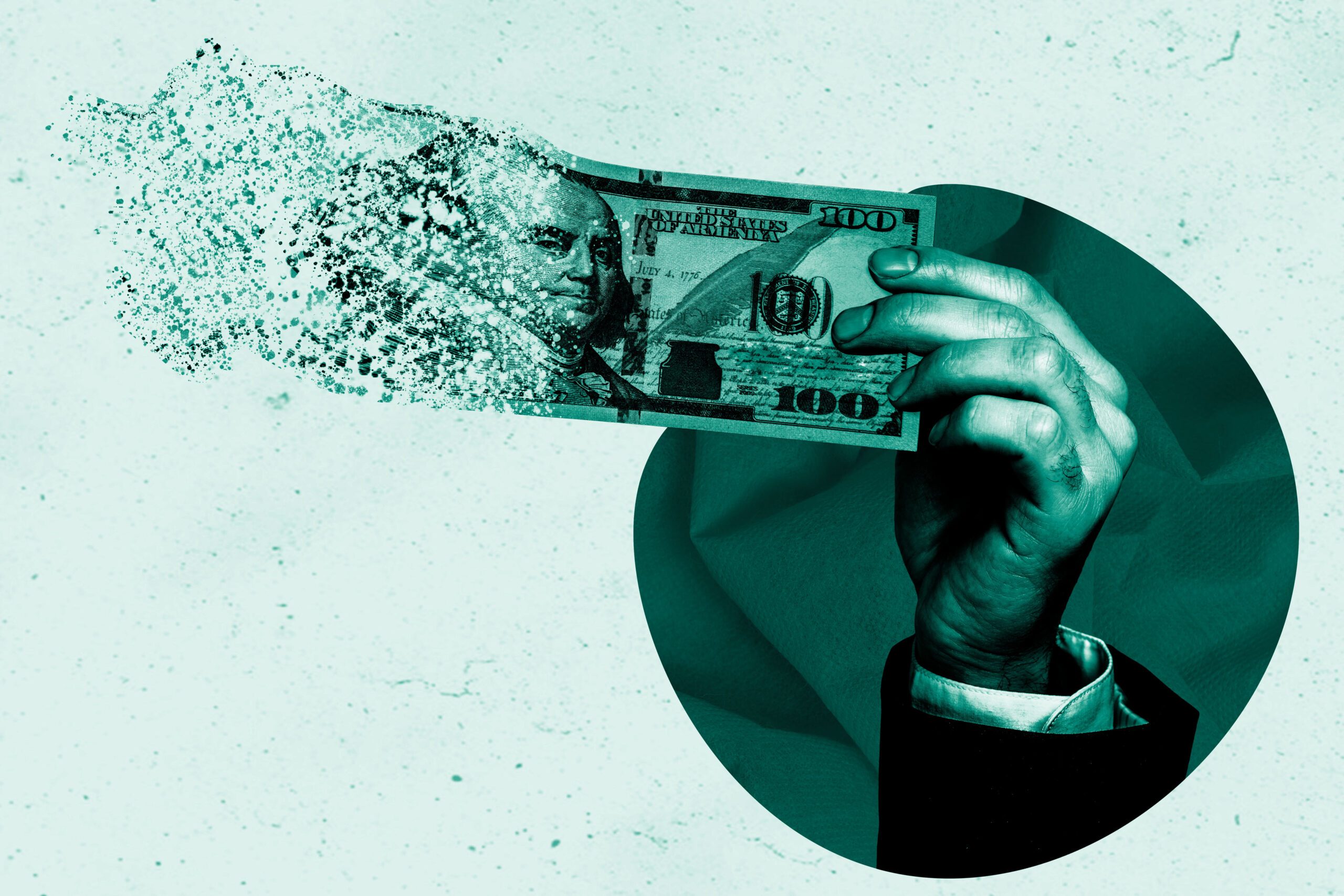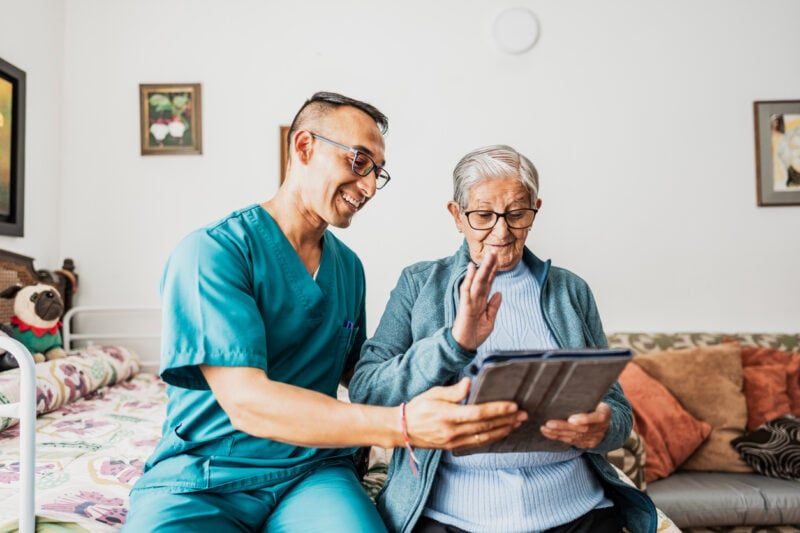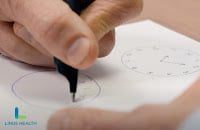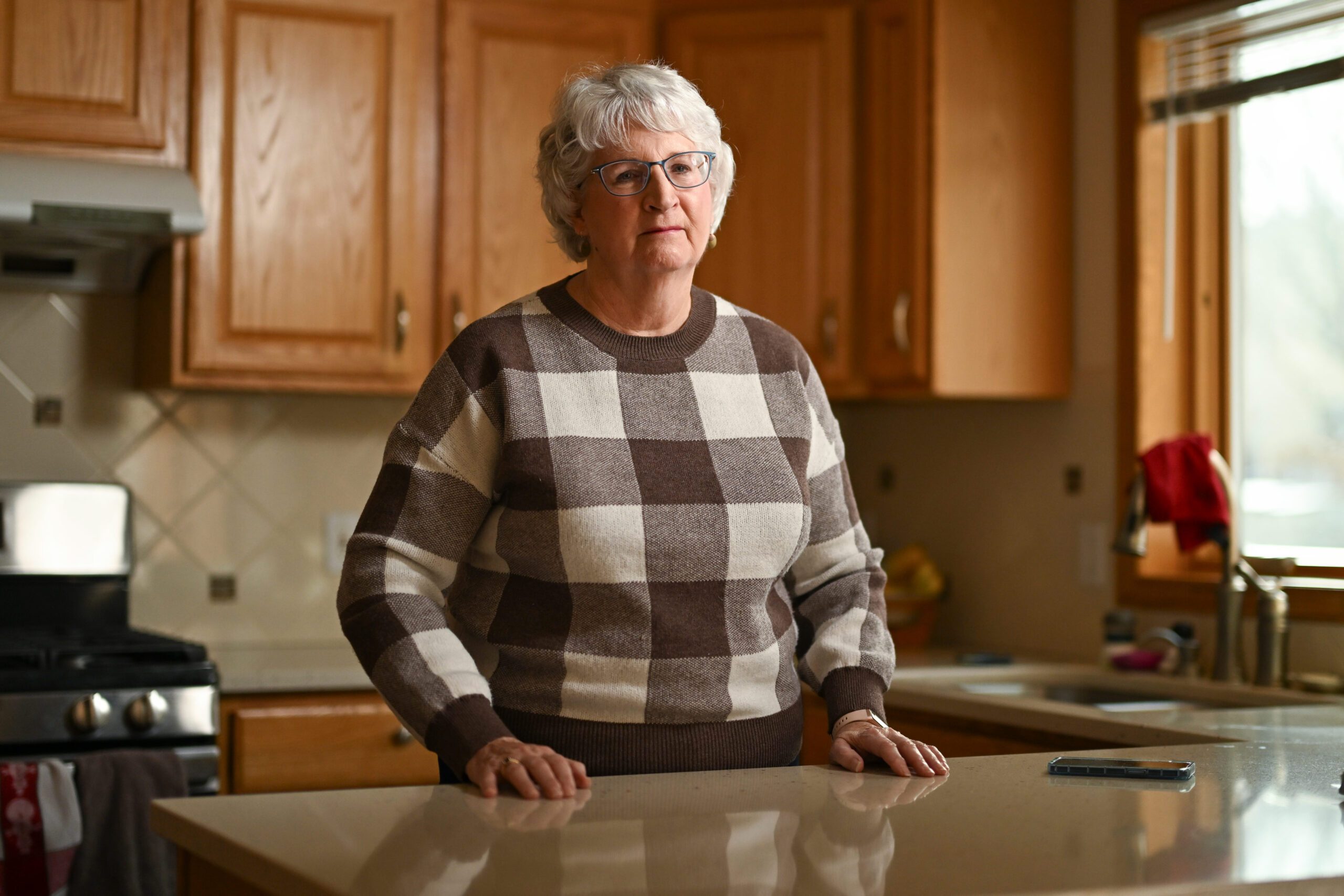Building your own personal recovery from an anxiety disorder means using ALL the resources you have available to you. In this podcast episode I talk about combining books, podcasts, social media streams, online support groups, hard work and professional help into a powerful recovery toolkit.
.
.
Recovery from an anxiety disorder is based on simple concepts, but it is a big topic with lots of subtopics and plenty of concepts to learn and understand. If you are attempting to solve your anxiety problem using resources you find online, there are some basic concepts that you should keep in mind.
- Learn the nature of the problem and how you got here. What is your anxiety disorder all about?
- Learn the nature of the solution. How do we approach an anxiety disorder to reach true, lasting recovery.
- Learn what your recovery plan should look like. What do we DO in order to reach the place we call “recovery”.
- Learn how to make a recovery plan.
- Learn how to execute your recovery plan.
It is very difficult to cover all these bases by list listening to a podcast or following mental health helpers on social media. Podcasts are awesome and informative. There is some amazing and helpful information to be found in the stream on Instagram, Facebook and Twitter. Online support groups are also great resources, but it is very difficult to learn what you need to learn about recovery in an organized fashion within the confines of a Facebook group (for example).
Do yourself a favor and take the time to read and educate yourself. There are books that will take you through the five steps I listed above. The first 15 episodes of my podcast are foundational episodes that explain the nature of this problem and the nature of this solution. Take advantage of these resources. Use them to learn from. Investing the time to understand the disorder and the solution makes a HUGE difference in your recovery. When you skip this step, you are walking into a movie halfway through and trying to figure out what is happening. You’re missing half the experience. In the case of anxiety disorder recovery, that half you’re missing is vitally important!
When you’ve built your recovery foundation by learning what you need to learn, use your favorite social media streams to put “icing on the cake”. Instagram posts can highlight important concepts. They can help you understand what you’ve been reading and listening to. They can make you think. They can’t teach you recovery on their own. Use my Facebook group or other online support groups to share your recovery experiences, ask questions, get clarification on what you’re learning, and as a source of encouragement, inspiration, and empowerment. When you put it all together, your recovery can be turbocharged. Putting it all together gives you the best chance to succeed in your recovery journey.
Finally, sometimes professional one-on-one help is in order. Do not dismiss this as an option. Reaching out for one-on-one help is not a crime. It does not mean that you are worse that others, or that that you are a special case. If you are having a hard time “getting it”, or if you need someone help you do the work consistently and methodically, a therapist or counselor can be very helpful, if even for a short time. When choosing a therapist, look for someone that specializes in treating anxiety disorders. Ask them clearly what type of therapy they employ. Do not let a therapist tell you that they “do anxiety” or that “they have patients with anxiety”. You want a therapist that engages in CBT and it’s variants in an action oriented therapy where you are going to have work and homework to do. Just talking about your anxiety problem is not terribly effective.
Take control of your recovery process. There are many excellent resources at your disposal. Take advantage of all of them!
Resources – Books
- The Anxious Truth (Drew Linsalata)
- An Anxiety Story (Drew Linsalata)
- Panicking About Panic (Joshua Fletcher)
- Hope And Help For Your Nerves (Dr. Claire Weekes)
- Overcoming Unwanted Intrusive Thoughts (A CBT-Based Guide to Getting Over Frightening, Obsessive, or Disturbing Thoughts) (Dr. Martin Seif & Dr. Sally Winston)
- The Worry Trick (Dr. David Carbonell)
Resources – Podcasts
- Your Anxiety Toolkit – Kimberley Quinlan
- The Panic Pod – Joshua Fletcher
Resources – Social Media
- My Instagram
- My Twitter
- My YouTube Channel
- My Facebook Page
- My Facebook Support Group
- Joshua Fletcher on Instagram
- Kimberley Quinlan on Instagram
—
This post was previously published on .
***
You Might Also Like These From The Good Men Project
 Compliments Men Want to Hear More Often
Compliments Men Want to Hear More Often  Relationships Aren’t Easy, But They’re Worth It
Relationships Aren’t Easy, But They’re Worth It  The One Thing Men Want More Than Sex
The One Thing Men Want More Than Sex  ..A Man’s Kiss Tells You Everything
..A Man’s Kiss Tells You Everything Join The Good Men Project as a Premium Member today.
All Premium Members get to view The Good Men Project with NO ADS.
A $50 annual membership gives you an all access pass. You can be a part of every call, group, class and community.
A $25 annual membership gives you access to one class, one Social Interest group and our online communities.
A $12 annual membership gives you access to our Friday calls with the publisher, our online community.
Register New Account
Log in if you wish to renew an existing subscription.
Username
First Name
Last Name
Password
Password Again
Choose your subscription level
- Yearly - $50.00 - 1 Year
- Monthly - $6.99 - 1 Month
Credit / Debit Card PayPal Choose Your Payment Method
Auto Renew
Subscribe to The Good Men Project Daily Newsletter By completing this registration form, you are also agreeing to our Terms of Service which can be found here.Need more info? A complete list of benefits is here.
—
Photo credit: iStock
The post Using All Available Recovery Resources [Podcast] appeared first on The Good Men Project.
Original Article










